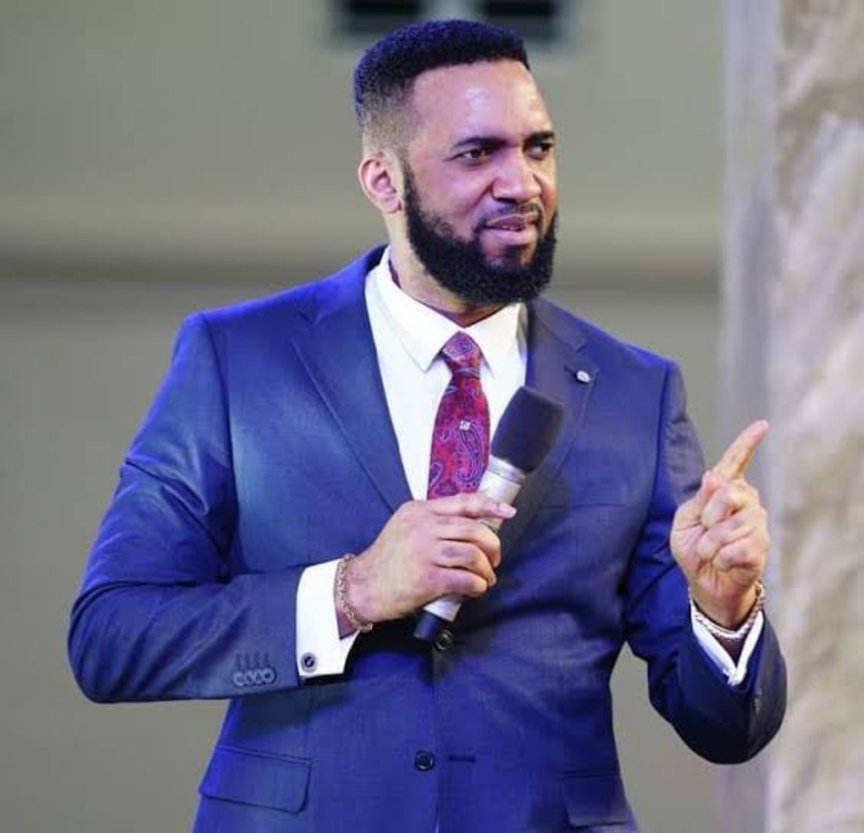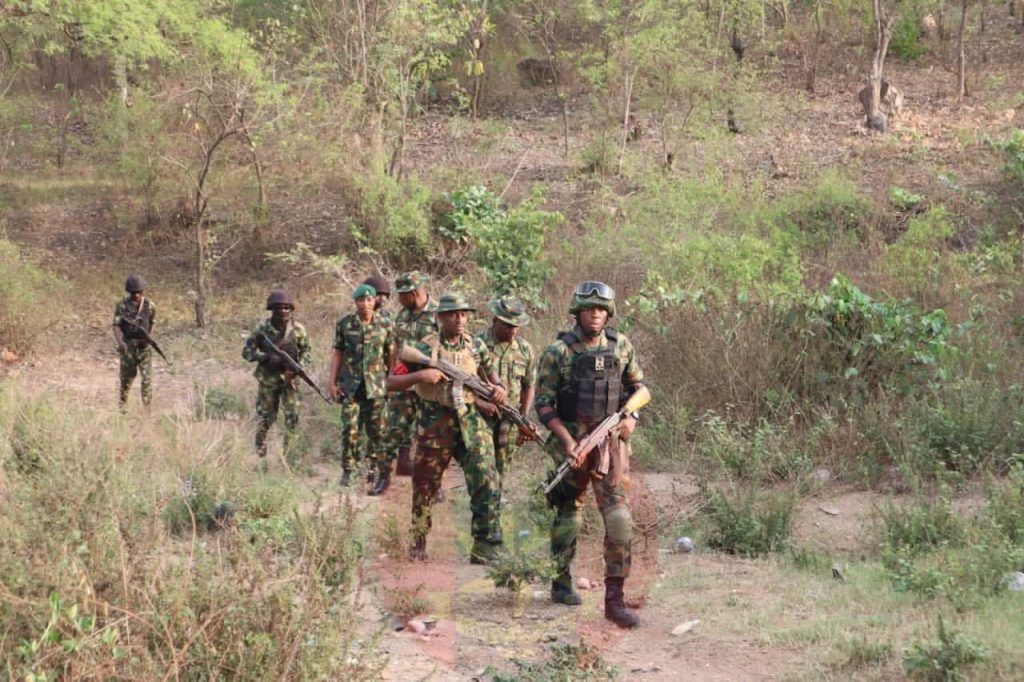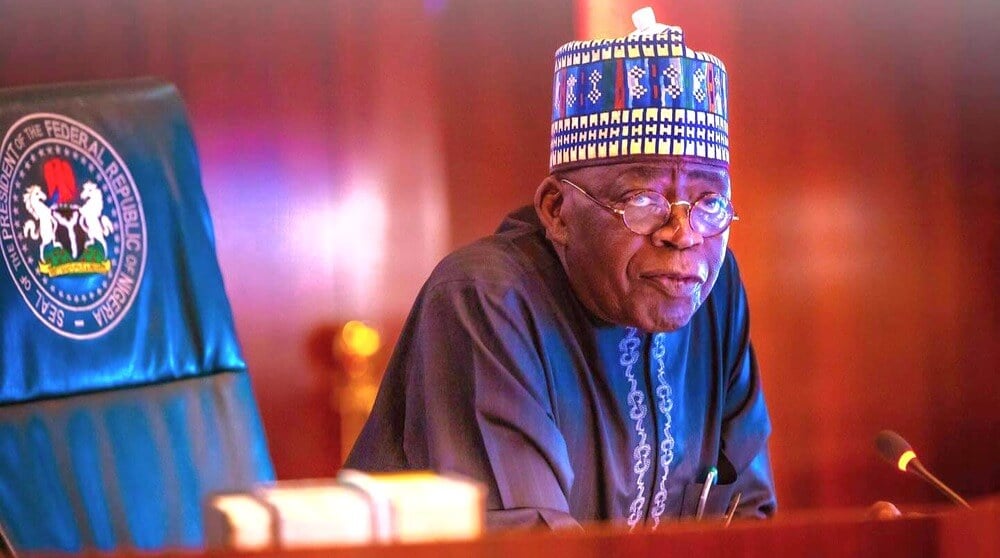Eleven West African nationals who were deported by the United States to Ghana have been returned to their home countries, despite concerns about potential torture, persecution, or inhumane treatment. The group, which included four Nigerians, three Togolese, two Malians, one Liberian, and one Gambian, had filed a lawsuit to stay their deportation. However, when the case came to court on Tuesday, their lawyer, Oliver Barker-Vormawor, informed the court that the individuals had been removed over the weekend, rendering the suit irrelevant.
The lawsuit had argued that at least eight of the deportees had been granted protection by US immigration judges against deportation to their home countries due to safety concerns. Despite this, the Ghanaian government had agreed to accept the deportees, citing humanitarian grounds. Ghana’s President John Dramani Mahama had stated that his government’s decision to take in nationals from other West African countries was not an endorsement of US President Donald Trump’s immigration policy.
Ghana’s Foreign Minister, Samuel Okudzeto Ablakwa, had also defended the decision, stating that it was made purely on humanitarian grounds and that Ghana did not receive any financial compensation from the US. The minister emphasized that Ghana’s actions were motivated by a desire to support fellow Africans, rather than to support US immigration policies.
The whereabouts of five of the deportees are currently unknown, while six are now in Togo. The Nigerian government has stated that it was not briefed about its nationals being sent to Ghana and that it had previously received Nigerians deported directly from the US. The deportation of these individuals has raised concerns about their safety and well-being, and it remains to be seen how their cases will be handled in their home countries.
The incident highlights the complexities of international deportation policies and the challenges faced by individuals who are deported to countries where they may face persecution or harm. It also underscores the need for governments to prioritize the safety and human rights of deportees, particularly those who have been granted protection due to safety concerns. As the situation continues to unfold, it is likely that there will be further developments and potential consequences for the individuals involved.



